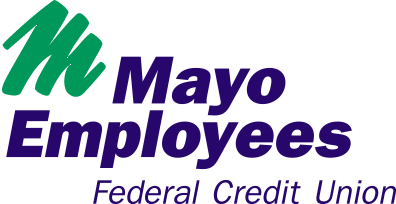
Tax filing season officially began on February 12, 2021. Do you have a plan? We are here to help!
You have until April 15, 2021 to file your taxes, but you can file for an extension if you need more time. Decide your method of filing and start to gather the information you will need. If you’re using a tax software, whatever platform you choose will likely tell you what documents you need to prepare your taxes. If you are unsure about your tax situation or just want a second set of eyes, a tax professional will be able to guide you through every step of the way with peace of mind.
What should you do with your refund?
Millions of Americans anticipate getting a refund. If you’re one of them, you may be thinking: what should I do with it? In 2020, the most common uses for tax refunds were:
- Saving
- Paying down debt
- Covering everyday expenses
Receiving a refund technically means you’ve been overpaying taxes in the past calendar year, but many Americans prefer it that way. Some enjoy the “forced savings,” while others want to confidently avoid making a payment to the IRS when they file.
If you’re receiving a refund this year, here are some ideas for how to use that money:
- Save – increasing your emergency savings is a sound choice given the state of the economy and ongoing pandemic.
- Pay bills – if you’re behind on any bills, this is a great opportunity to get caught up
- Cover everyday expenses – if your household has suffered a job or income loss, your tax refund can provide some needed relief for those day-to-day purchases.
- Reduce debt – pay off a balance or reduce a high rate balance.
Do you have to pay in this year?
Why are you paying in? Identifying why you must pay in is important if you want to avoid it in the future. Consult a tax advisor for help identifying why you are paying in and then you can make changes to avoid it next year.
Pay your balance or set up a payment plan. If you can afford to make the payment in full, seriously consider doing so. If you’re able to pay off the amount you owe in a couple of months, you can likely enter a short-term payment plan. However, if you need to enter a long-term payment plan, you may be subjected to fees and interest charges.
Call for help. Bring in a tax professional. Find a tax professional and ask for advice. You may have to pay them for this help, but if it means avoiding a future unexpected tax bill, it could be money well spent.
Using Roth and Traditional Individual Retirement Accounts (IRAs).
A tax professional may advise you to start putting money, or increase the amount you deposit, into a Roth or Traditional IRA to lower your taxable income, for this year and in the future. In fact, you have up until Tax Day (April 15, 2021) to make 2020 IRA contributions. Mayo Employees Federal Credit Union has competitive rates on IRAs. Read more about the accounts we offer, or contact us to open one today!
Let us know how we can help.
Tax time comes around every year but can pose new challenges depending on each individual situation. As always, we are here to serve you. Did you lose your 1099 form? Give us a call at (800) 535-2129 and we will help.
Let 2021 be a year of financial well-being. Schedule a one-on-one consultation on debt consolidation or financial management. Contact our Financial Wellness Counselor today to set up an appointment in person, over the phone or virtually, for confidential, nonjudgmental guidance at no charge for our members.
Please consult your tax advisor for all tax advice and any additional information.
*APR = Annual Percentage Rate
